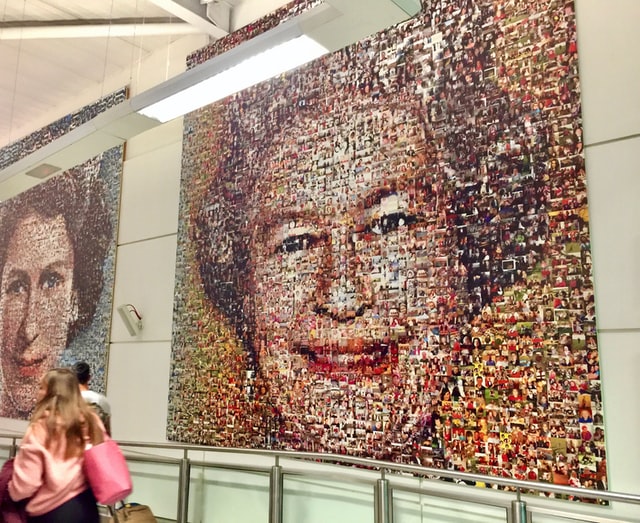Ever wondered how the monarchy survives? An insightful piece has some answers
Enlarge

As Queen Elizabeth II’s Platinum Jubilee celebrations kick off in Britain, it is worthwhile to consider various aspects of the institution of monarchy. What makes it top dog in a world that has become flatter and more egalitarian in so many respects? How on earth does it survive?
Adam Ramsay’s brilliant openDemocracy piece makes several key points that help explain why the royal family still sits atop the heap in Britain, despite massive societal change in the country.
For centuries, the Tories have been the political wing of the hereditary ruling class, while the monarchy is its propaganda wing, endlessly telling us that some people are born to rule — Adam Ramsay in oD
He notes that the British monarch’s ‘political neutrality’ is said to enable him or her to ‘interpret the country to itself’. But in fact, he says, “the idea that the mirror in which we see ourselves is inherited is profoundly political. Placing it at the centre of a national story is a way of warping a whole country to the right.”
This, he adds, buttresses the class system, around which British politics is built. “For centuries,” he writes, “the Tories have been the political wing of the hereditary ruling class, while the monarchy is its propaganda wing, endlessly telling us that some people are born to rule, others are not, and that’s the natural order of things.”
He points out that the connections are not theoretical but very real. Conservative Party chair Ben Elliot is Prince Charles’s nephew, the Prince’s charity relies on Tory donors and Prince William attended the same school as Prime Minister Boris Johnson.
The consequences are evident, he says: “England votes Tory more than any other country votes for one party because the Tories represent the ruling class and Anglo-British nationalism is a story whose moral is that posh people should rule.”
Finally, another feature of the English ruling class. Mr Ramsay quotes the writer Tom Nairn, who has argued that “much of the English ruling class can’t stand the idea that it’s ‘merely’ English, preferring to attach itself to a mysterious imperialist notion of international Britishness. And this feeling, too, is tied to the Windsors.”
So, there you have it – a glimmering of understanding why the royal family still sits rules the roost in 21st century Britain.

